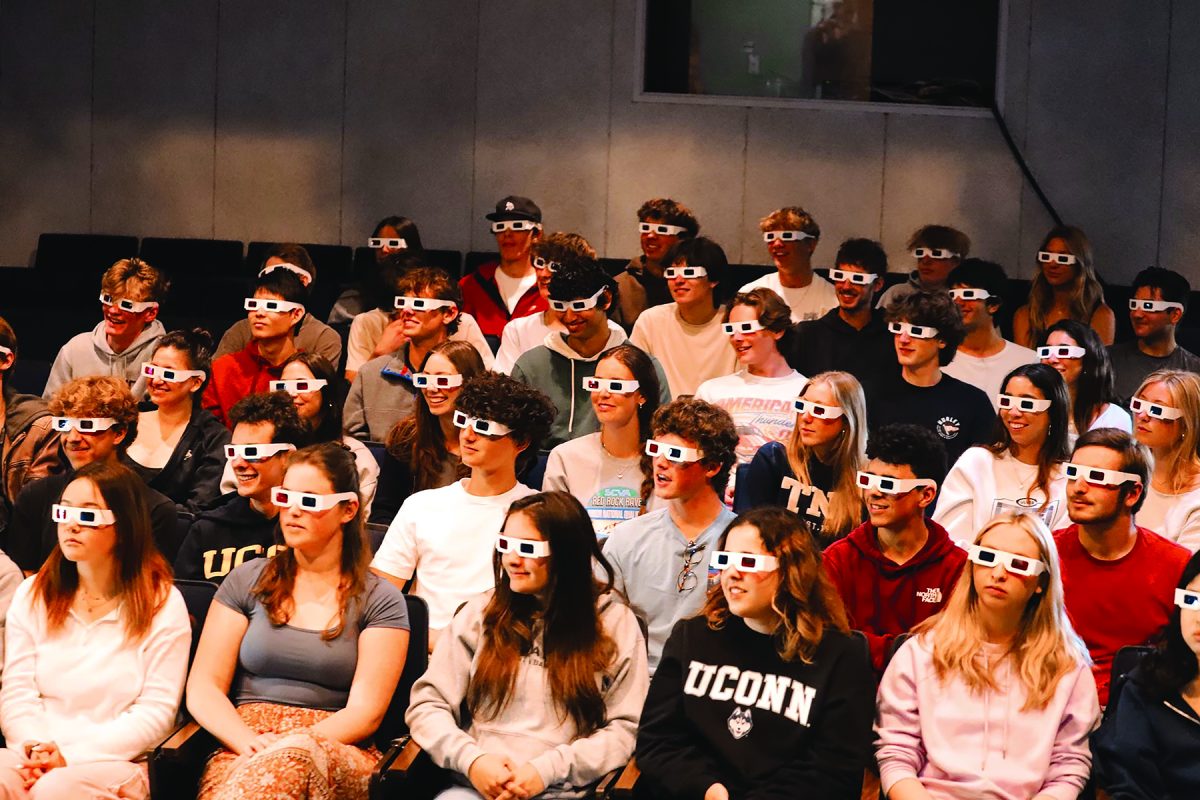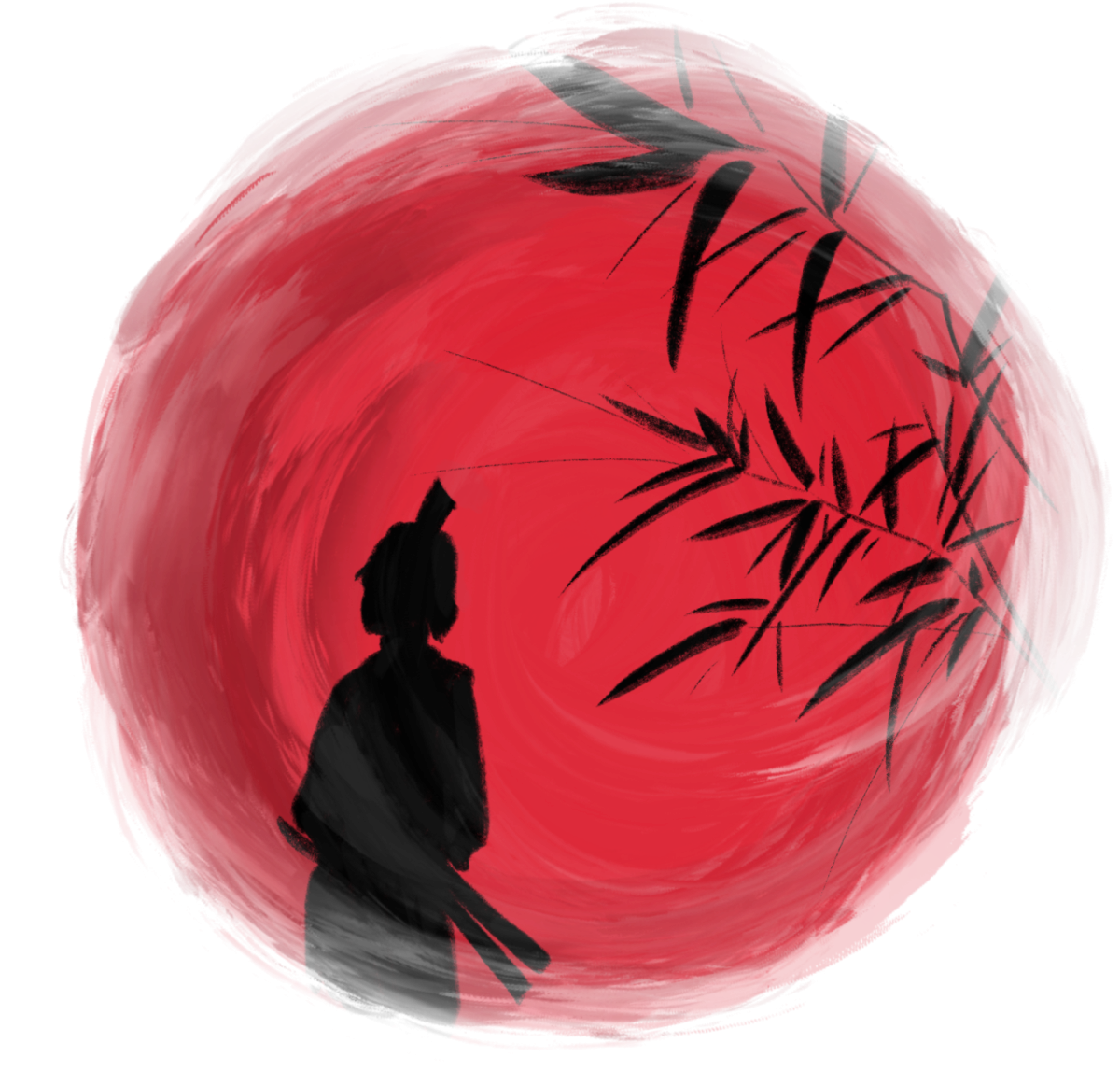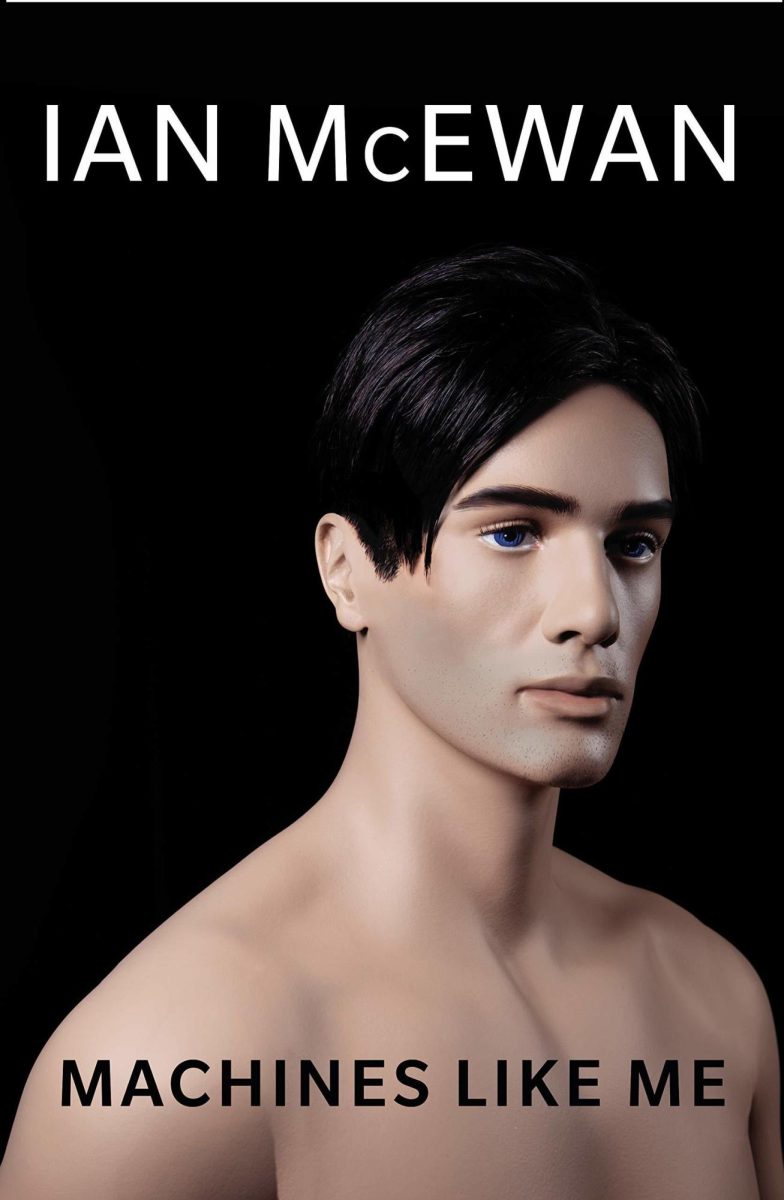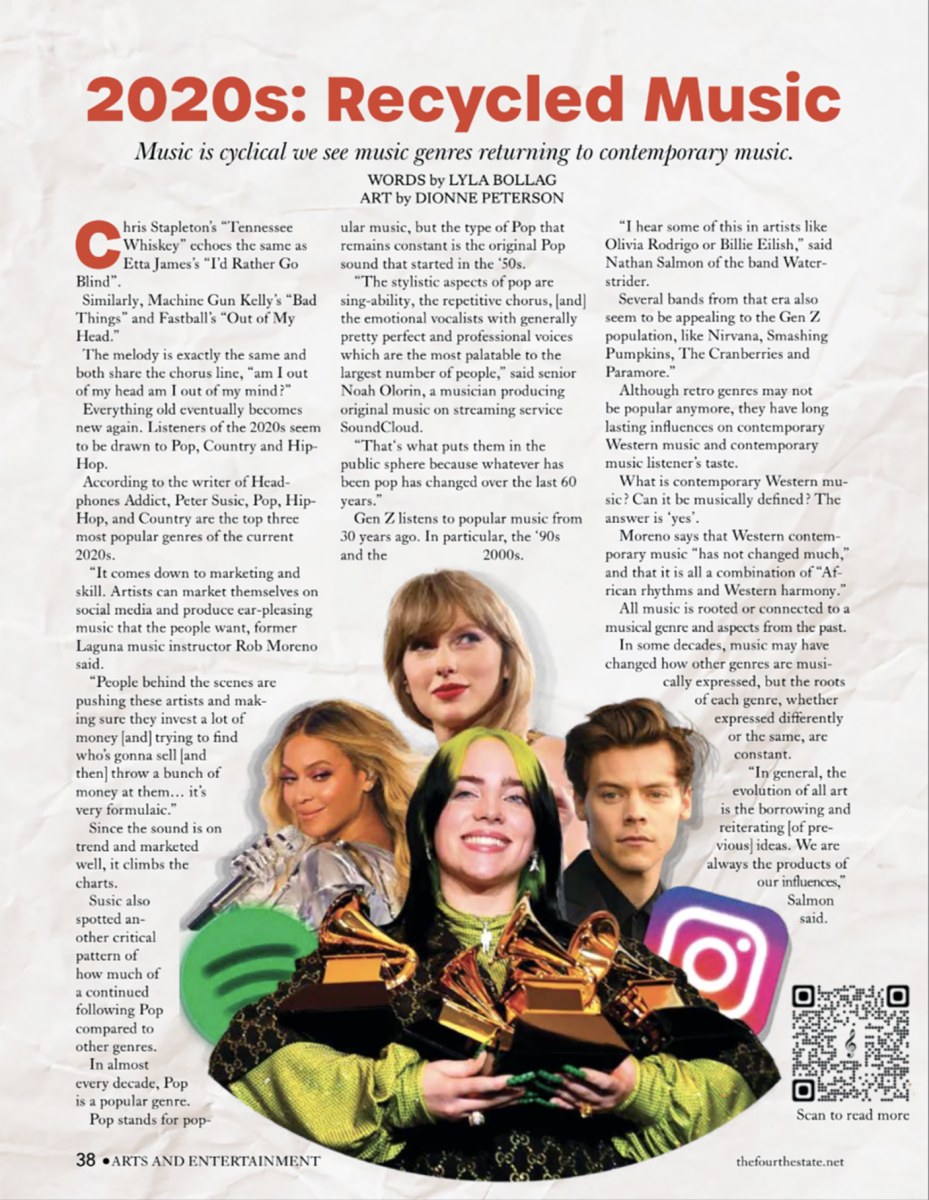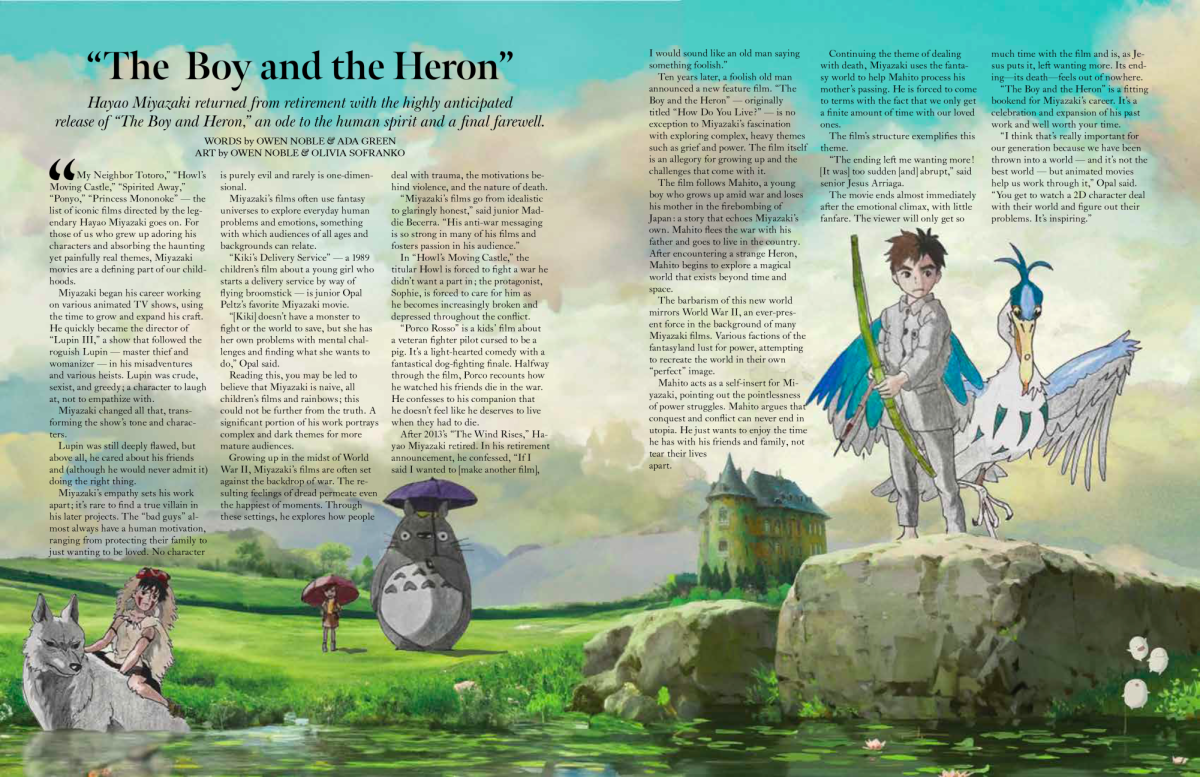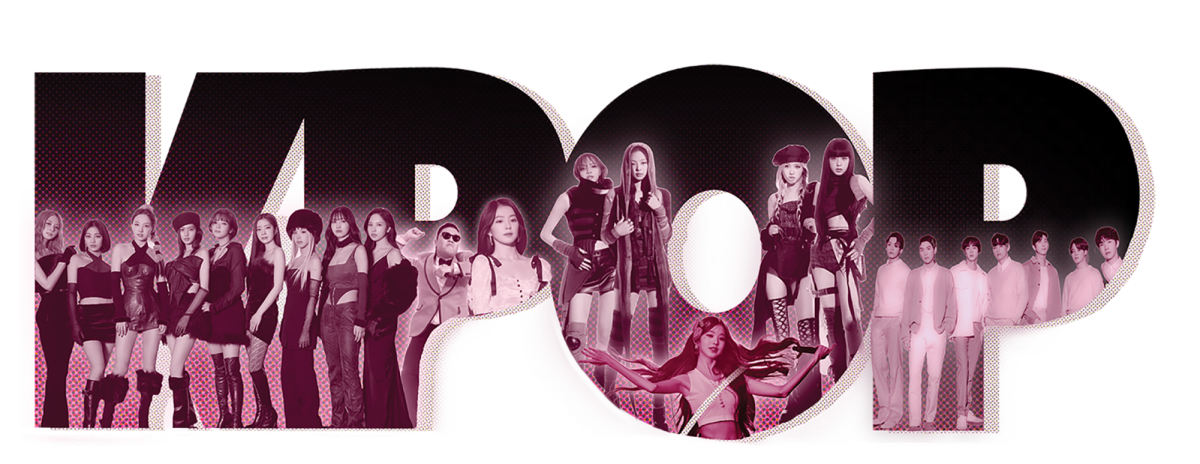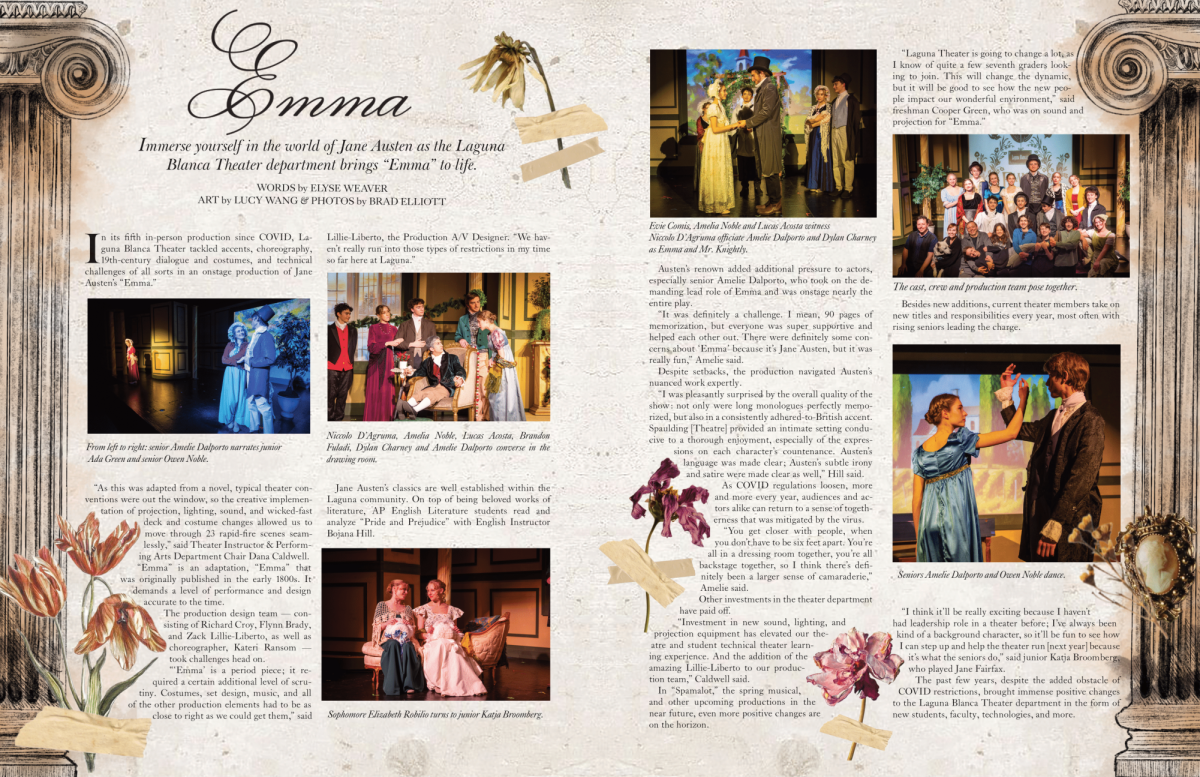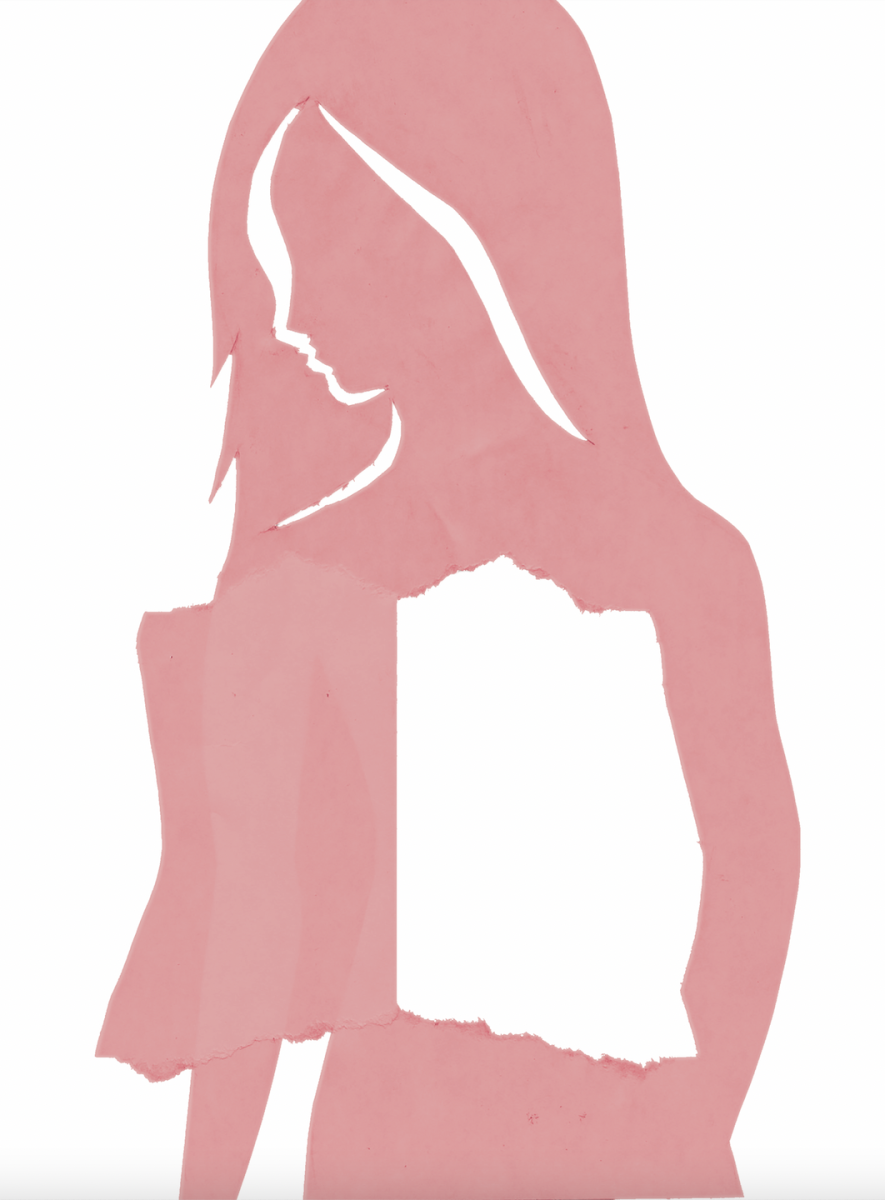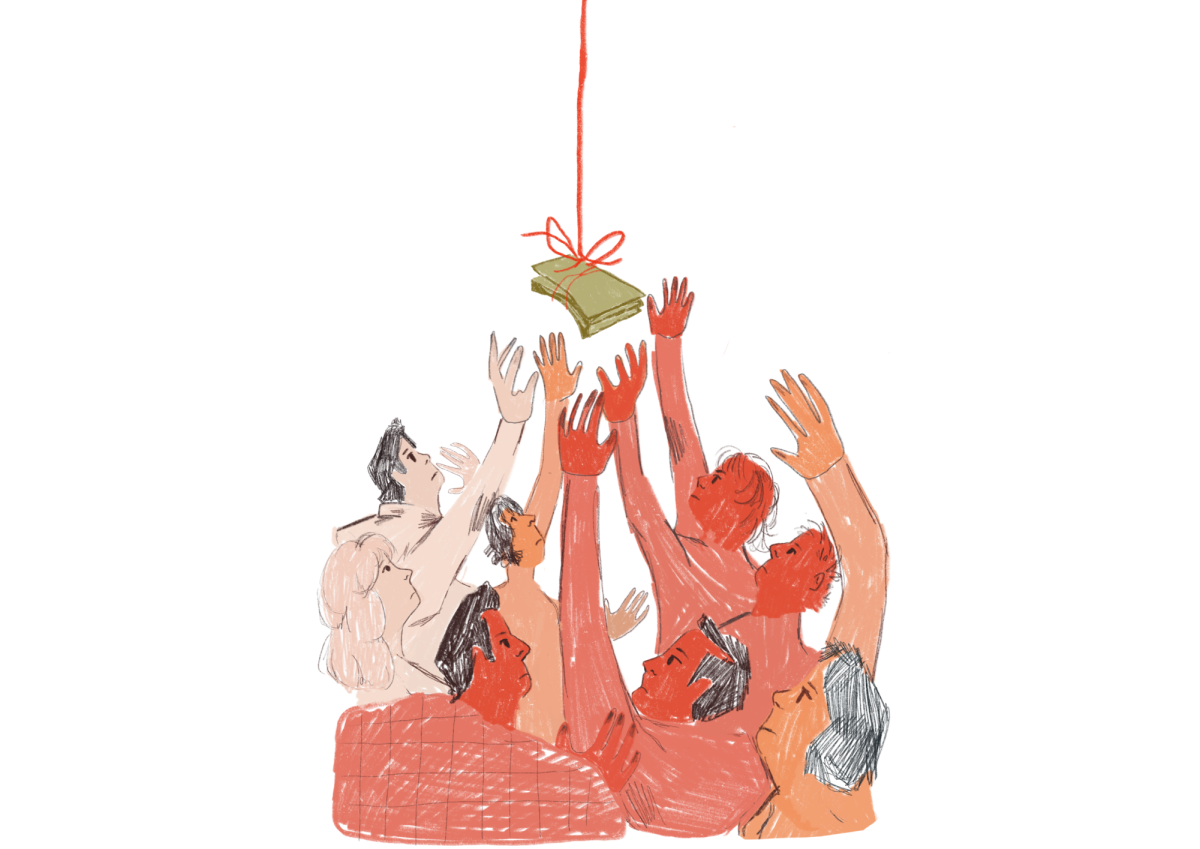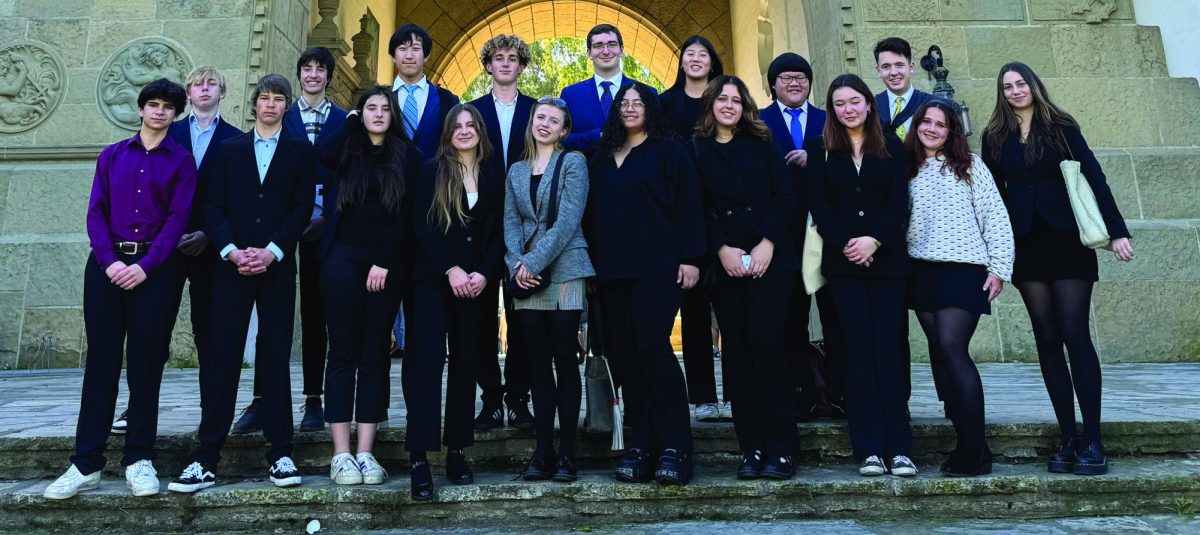“Shōgun” is a literary classic and an internationally bestselling novel written in 1975 by James Clavell.
The book was adapted into a television series in 1980, where it became the most-watched show on NBC ever, with over 32.9% of television households watching the story.
“Shōgun,” set in the early 1600s, follows John Blackthorne, an English sailor left stranded in Japan after losing his ship. Japan is on the brink of war between a council of reagents appointed to rule until the young emperor is of age. And John must leverage his knowledge as the first Protestant outsider in Japan to make allies and enemies amid Catholic Portuguese domination,” sophomore Robie Polos said.
The remake of “Shōgun,” produced by FX, is not just told through an outsider’s perspective. Instead, it unveils the rich world and society of feudal Japan through immersion.
The cast includes Japanese actors and a few Western actors. “Shōgun” takes place in the Sengoku Period (warring states) in Japan’s history, far from the more Westernized perspective; because of this, some aspects of the story and culture can be judged too quickly.
“The strict hierarchy and importance placed on honor might be hard for some viewers to understand; for example, a character in the first episode almost kills himself to avoid drowning, and in a later episode, a man is killed simply because the protagonist said so (although he didn’t think he would be taken seriously)” Robie said.
Death was viewed differently in feudal Japan, where practices such as Seppuku (ritual suicide) were common. The show is filled with it, which comes as a shock to viewers due to the difference between Western and Eastern views of death.
Most of the modern world has adopted a Western moral compass; this societal trend is viewed as superior and does not leave room for diverse perspectives.
“[Instead] morality, or what’s considered right or wrong, changes dramatically when observed through diverse perspectives. In feudal Japan, a strict code of honor and pride extended far beyond personal preference or the individual. While it was not isolated to the samurai class of warriors, most envisioned a rigid system that shunned cowardice and emphasized character and bravery.
“Most Western Europeans and those of European descent look to Christianity to guide their moral compass, which differs significantly from Japanese Shinto roots and Buddhist practices during the feudal era,” Social Science Instructor Kevin Guay said.
“Shōgun” challenges Westerners’ preconceived notions and biases, helping individuals broaden their horizons and understanding of different places and cultures.
“In terms of culture, I learned about how Japanese politics worked at the time; I didn’t know how the system of provinces and lords worked. I also learned about religion and history. I knew that Christianity was brought to Japan around the 1500s, but I didn’t know that the Portuguese brought it and that they kept Japan a secret from the rest of Europe to trade,” Robie said.
Another thing that sets Clavell’s book away from others is how he depicts language barriers between Western and Eastern languages.
The novel is written in English, but the different languages read stylistically differently; this was excellently portrayed in the show, where they speak an older form of Japanese.
Little details like this are why “Shōgun” is an audience favorite and rated 99% by critics on Rotten Tomatoes.
Shōgun by FX
A deep dive into the cultural, religious and historical context present in FX’s reimagining of “Shogun.”
May 30, 2024
Donate to The Fourth Estate
$50
$500
Contributed
Our Goal
Your donation will support the student journalists of Laguna Blanca School. Your contribution will allow us to purchase equipment and cover our annual website hosting costs.
About the Contributors
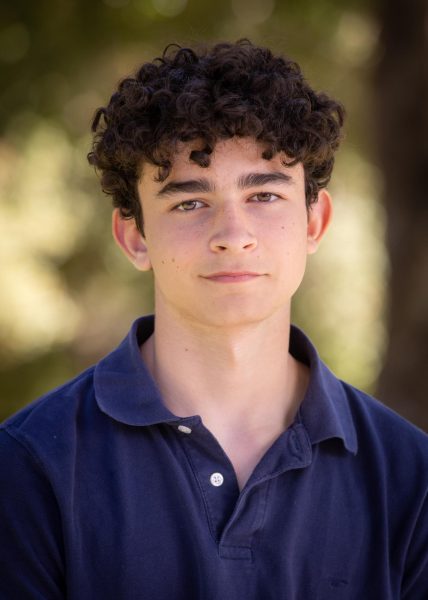
Niccolo D'Agruma, Co News Editor
Niccolo D'Agruma, a current Sophomore and Fourth Estate Co-News Editor, joined the publication in the fall of 2022. He has written about topics that he considers interesting and captivating throughout his time at the paper. He is interested in acting, engineering, creative writing, urban planning, current social and economic issues, and more inside and outside The Fourth Estate.
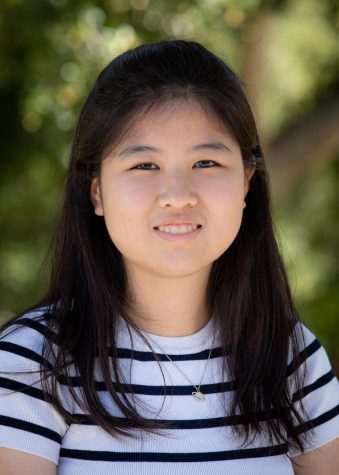
Lucy Wang, Co-Editor-in-Chief
Lucy is a senior and she is one of the co-editors-in-chief for the Fourth Estate. Lucy oversees all aspect of the magazine and contributes graphics & writing to every issue. She enjoys writing about sports, current events, and entertainment. Outside of the class, Lucy also does graphic designs for other school organizations such as Yearbook, TEDx, and the Laguna Blanca magazine.



